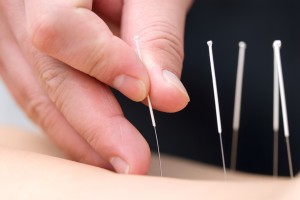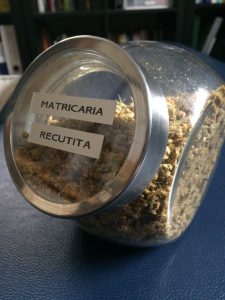 On March 1, 2017, I am inviting any patients of mine who are interested in receiving acupuncture for a reduced rate to join me at the clinic for a “Acupuncture Clinic”! The only change is that the acupuncture will be in a group setting. You will not have any body part exposed that you do not feel comfortable with, but we do ask that you wear comfortable clothes that allow access to the shoulders and knees (in the event that the needles are put in these spots).
On March 1, 2017, I am inviting any patients of mine who are interested in receiving acupuncture for a reduced rate to join me at the clinic for a “Acupuncture Clinic”! The only change is that the acupuncture will be in a group setting. You will not have any body part exposed that you do not feel comfortable with, but we do ask that you wear comfortable clothes that allow access to the shoulders and knees (in the event that the needles are put in these spots).
The acupuncture points that will be chosen for you will be based on either your previous treatment plan, or your Traditional Asian Medicine (TAM) diagnosis (based n the tongue and pulse).
If you have not had acupuncture before, are a patient of mine, and are wanting to try acupuncture, this a great opportunity to try it for a reduced price. The price for the session is $25 (compared to $45), and allows the opportunity to make your health benefits for naturopathic or acupuncture coverage go a bit further this year.
When and Where:
March 1, 2017 from 5pm-7pm
Meyers Chiropractic and Health Specialists
338 Dundas St Suite 101
Woodstock ON
N4S 1B4
How to Prepare:
Call 519-537-7058 to book your spot
Wear comfortable clothes that allow access to the shoulders and knees
Bring your headphones and music
Please note that this is on a first -come first -serve basis and is only open to patient’s of Dr. Elisha Cook ND. If you are not already a patient of Dr. Elisha Cook ND and would like to take part in this event, there is still time to become a patient. Book your initial appointment before March 1, 2017! For more information please call the clinic at 519-537-7058 or contact me personally.
We reserve the right to deny acupuncture treatment in the event that Dr. Cook determines that based on your medical history, that this treatment is not appropriate for you.



